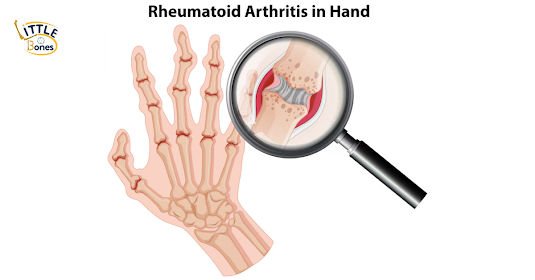Early Warning Signs of Bone and Joint Infections
Bone and joint infections can be serious health issues that require timely medical attention. Left untreated, they may lead to severe complications affecting mobility and overall health. Recognizing the early warning signs is crucial for getting the right bone and joint infection treatment in Indore and ensuring a smooth recovery.
What Are Bone and Joint Infections?
Bone infections (osteomyelitis) and joint infections (septic arthritis) occur when bacteria or other harmful microorganisms invade the bones or joints. These infections can result from injuries, surgeries, or infections spreading through the bloodstream.
Early Warning Signs to Watch For
Persistent Pain and Swelling
One of the first signs of a bone or joint infection is ongoing pain in the affected area. The pain may worsen with movement. Swelling, warmth, and redness around the joint or bone can also be noticeable.
Fever and Fatigue
A common systemic sign of infection is fever. If you experience unexplained fever along with fatigue, it could indicate your body is fighting an infection in the bones or joints.
Limited Movement or Stiffness
Infected joints often become stiff, making it difficult to move the limb normally. This reduced range of motion is a red flag that should not be ignored.
Other Symptoms
Look out for chills, sweating, and sometimes drainage of pus if the infection has progressed to the skin surface.
Why Early Diagnosis and Treatment Matter
Timely diagnosis is essential to prevent permanent damage. If you notice any of these symptoms, seek professional advice immediately. Bone and joint infection treatment in Indore includes antibiotics, drainage procedures, and in severe cases, surgery.
Getting Expert Care in Indore
Indore has experienced orthopedic specialists and advanced medical facilities equipped to handle bone and joint infections efficiently. Early consultation ensures personalized care and faster recovery.
Recognizing early symptoms of bone and joint infections can save you from long-term complications. Don’t delay seeking treatment


.jpg)

Comments
Post a Comment